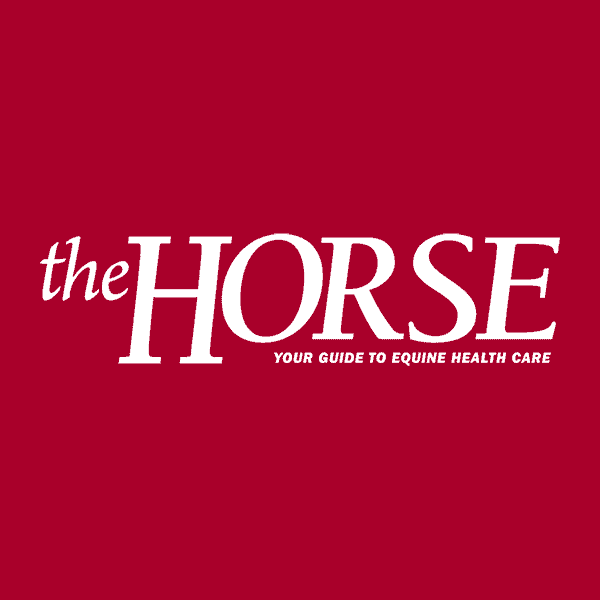USDA Seeks Comments On Proposed EVA Rules
The U.S. Department of Agriculture is soliciting public comment to help develop options for an equine viral arteritis regulatory program for horses within the United States.
After evaluating public comment, we will determine whether to”P>The U.S. Department of Agriculture is soliciting public com
- Topics: Article, Equine Viral Arteritis (EVA)
The U.S. Department of Agriculture is soliciting public comment to help develop options for an equine viral arteritis regulatory program for horses within the United States.
“After evaluating public comment, we will determine whether to propose changes to our regulations,” said Alfonso Torres, deputy administrator for veterinary services with the Animal and Plant Health Inspection Service, a part of USDA’s marketing and regulatory programs mission area. “While EVA is not widespread throughout the United States, the equine industry regards the disease as a potentially significant and increasing economic threat,” said Torres.
At this time, APHIS does not have a program to control EVA because confirmed outbreaks are sporadic. However, the U.S. equine industry has requested that APHIS initiate surveillance, control, and possibly eradication of EVA.
Equine viral arteritis is an acute, contagious, viral disease characterized by edema, conjunctivitis, nasal discharge, and abortion. Infection is primarily spread through aerosol transmission among horses that are closely congregated in places such as racetracks, shows, and sales. EVA is also spread venereally by infected stallions or infected semen
Create a free account with TheHorse.com to view this content.
TheHorse.com is home to thousands of free articles about horse health care. In order to access some of our exclusive free content, you must be signed into TheHorse.com.
Start your free account today!
Already have an account?
and continue reading.

Written by:
The Horse Staff
Related Articles
Stay on top of the most recent Horse Health news with















